A strategic response to challenges
The CIGRE knowledge programme is driven by key strategic themes defined by the experts of the CIGRE leadership, with the input of the community. These are based around the key drivers affecting the industry and are updated as strategic changes occur.
16 Domains of work
Strategic themes are fed into 16 consistent domains of work, each led by a dedicated Study Committee. The domains are broadly grouped by four key global power system areas – equipment, technologies, systems, new materials and IT.
Working Groups and outcomes
At the heart of CIGRE’s programme is its community and 59 National Committees (NCs). These organisations nominate local professionals to participate across the knowledge programme, including in the 250+ Working Groups that collaborate and study specific areas within the 16 domains of work. Around 40 new Working Groups are formed every year to look at emerging challenges of the power system. All Working Groups ultimately produce a comprehensive technical publication, referred to as a ‘Technical Brochure’, accessible to everyone.
A unique approach
CIGRE’s uniquely dispersed but centrally coordinated way of working offers an integrated knowledge programme that accounts for the global drivers changing the power system, while ensuring that these are connected with the National Committee’s real world, local situations. This unique global–local configuration means the outcomes of CIGRE work are both globally relevant at the same time as being highly beneficial at the local level.
To download the latest published CIGRE scope of work and activities for 2018 click here
If you wish to enquiry about opportunities to participate in a Study Committee/Working Group please email: secretary@cigre.org.uk
The Terms of Reference of each Study Committees of can be accessed using the links below:-
Group A – Equipment
A1 Rotating electrical machines
A2 Power transformers and reactors
A3 Transmission and distribution equipment
Group B – Technologies
B3 Substations and electrical installations
B4 DC systems and power electronics
Group C – Systems
C1 Power system development and economics
C2 Power system operation and control
C3 Power system environmental performance
C4 Power system technical performance
C5 Electricity markets and regulation
C6 Active distribution systems and distributed energy resources
